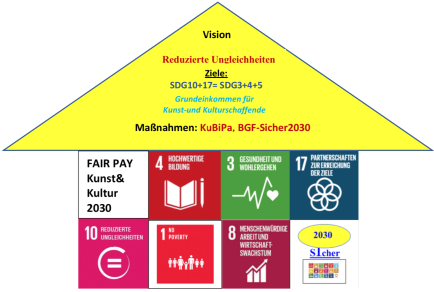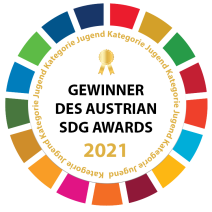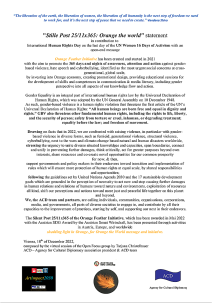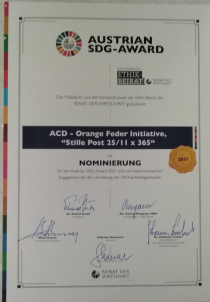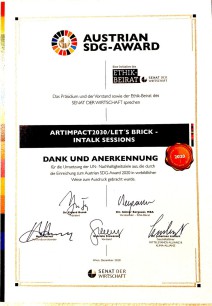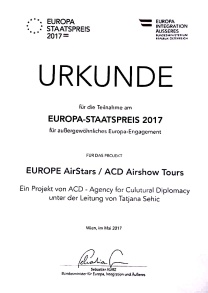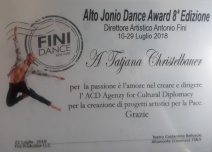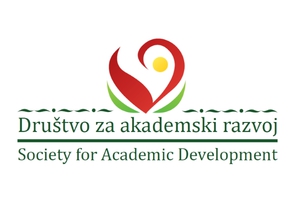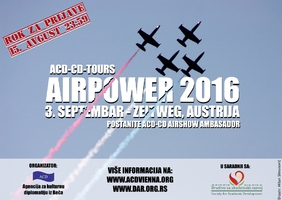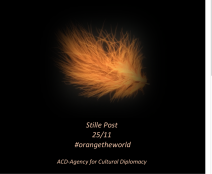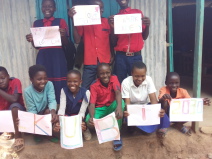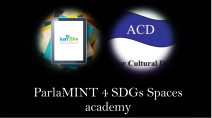arts practices in health care
settings
The projects are characterised by
ACD-Agency for Cultural Diplomacy vision, to support the cross-generational health and welbeing through creative art practices for somatic resilience.
The use of AI-tools and assistive
technologies in collaboration with blind & visually impaired youth and teachers widens our spectrum for knowledge&action.
Furthermore, the project activities are
developed as a part of the ArtImpact2030- initiative which has been started in response to the current global endeavours toward the realization of the
17 Global Goals, as proclaimed in the UN Agenda 2030, connected with the ACD-platform Arts_Sciences_Culturaldiplomacy2030
Art*Health
Session series brings together local, regional and international professionals from arts and health
sector, through participative and collaborative practices such as dance, fine arts and music, including Yoga, and some other concepts with somatic
approach to resilience.
Key terms: BodyIntegrity, arts4health, somaticResilience, WHO, BGF
UN SDGs: 4a, 4.7, 4.5, 5.1, 5.5, 8.9, 9.1, 10.2, 16.10, 17.16, 17.17
More in depth
Art practice enables interactive, participative, and integrative learning
opportunities, and supports health in general and well-being through barrier-free access to multi-sensorial experiences and a variety of expressional forms, which may result
in the development of mindful practices by individuals
and groups, and foster attentive relational cultures within natural and social environments.
The first
comprehensive report on evidence of Arts for health has been launched by the World Health Organisation Europe (WHO) in 2019:
“The examples cited in this groundbreaking WHO report show ways the arts can tackle ‘wicked’ or complex
health challenges such as diabetes, obesity, and mental ill health. They consider health and well-being in a broader societal and community context, and offer solutions that common medical practice
has so far been unable to address effectively,” as explained by Dr. Östlin.
Mental health is the basis for holistic well-being.
Using simple, short, and yet effective exercise sequences, health can be
supported every day and thus well-being can be increased and much more.
Primary prevention helps to avoid and reduce known risk
factors.
Where to start?
According to the results of an international survey conducted
by UNICEF and the
Gallup Institute in 21 countries in the summer of 2021, 19 percent of young people between the ages of 15 and 24 often feel depressed.
A separate UNICEF analysis for Europe reveals the extent of youth mental
health problems in Europe. Nine million young people between the ages of 10 and 19 live here with a mental illness, i.e. 16.3 percent. Suicide is the second leading cause of
death.
Anxiety and depression are the most common mental illnesses in Europe - more
than half (55%) of all mental illnesses are related to anxiety or depression (for girls it is even more than 70%).
In Austria, the situation is even more dramatic. In this country, 18.2
percent of 10-19-year-olds suffer from mental health problems. That's almost 160,000 young people in Austria. 24% of children and adolescents in Austria show at least symptoms of a mental illness in
the course of their young lives. These include suicidal thoughts, non-suicidal self-injurious behavior, depression, anxiety, compulsive behavior, and aggression.´
What causes have been identified for this?
´Cardiovascular
diseases are among the most common diseases worldwide. They are the most frequent cause of death in Western countries with around 45 percent and in developing countries with around 25
percent of all deaths. Around 17.3 million people worldwide die every year as a result of cardiovascular disease. In Austria, cardiovascular diseases are the main cause of death in women over 65 and
men over 45, with 47 percent of women and 38 percent of men citing cardiovascular diseases as the cause of death. The gender differences are based on both biological and psychosocial
differences.´
´According to research results from MedUni Vienna, arterial
hypertension is one of the most important risk factors for cardiovascular diseases in adulthood.
However, this clinical picture can already begin in childhood and lead to
complications at an early stage.'
While primary hypertension occurs in 1.4 percent of normal-weight and 7.1
percent of overweight adolescents, the proportion increases to 25 percent in obese teenagers. "In particular, the abdominal fat associated with an increased abdominal circumference is associated with
high blood pressure and early diseases of the cardiovascular system," reports Susanne
Greber-Platzer, Head of the Department of Pediatrics and Adolescent Medicine at MedUni Vienna.
In addition to factors such as anxiety, pressure, and stress, lack of
exercise in turn leads to a threefold increased risk of hypertension. The increasing long-lasting burdens of fear, pressure, and stress in childhood and adolescence are also associated with an
increase in blood pressure
Among other things, a collection of useful recommendations for the
prevention of cardiovascular diseases can be found via the Health Portal
Austria.
“Bringing the arts into human life through activities such as dancing, singing, visiting museums and
concerts offers a new dimension in terms of improving physical and mental health,” says Dr. Piroska Östlin, acting WHO Regional Director for Europe. (In WHO Europe report Art&Health
2019)
How can artistic practice contribute to reducing the risks and providing primary
prevention?
Following the question, the arts4health project was created with the aim,
in cooperation with specialist departments and staff, researchers, and the
respective target groups, to bring in the already developed and tested methods, across generations, an inclusive, somatic approach for practices that can be integrated into everyday life, including
respiratory exercises followed by guided imagination exercises and accompanied with inTalk sessions in a multilingual setting, using also AI tools and assistive technologies to widen access to
practices and communication, physical training based on technics from dance arts and physiotherapy, voice&sound sessions, which helps improving embodiment, self-esteem, communicational
competences & the overall relational awareness and wellbeing.
Art4Health Sessions with professionals from the field of
dance&music:
Zalike
Art*Health page
Ausdruck^Tanz^Sprache-Sessions
Dance meditations, breathing exercises, movement & talk, multilingual storytelling,
multimedia settings
Projects and
participants:
ranging from consulting and training
Sessions for leaders in educational institutions starting from elementary level, youth, students, to academia, municipalities, media representatives, cultural promoters and for all interested
individuals and teams.
Blog posts, videos, inTalk-interviews with professionals are shared on ACD-media pages with wider audiences.
The project starts in March
2021
Initiative in Austria for the improvement
of the employment opportunities for professionals from Art/Culture & for blind young students & professionals through cross-sectoral
partnerships KuBiPa2030


